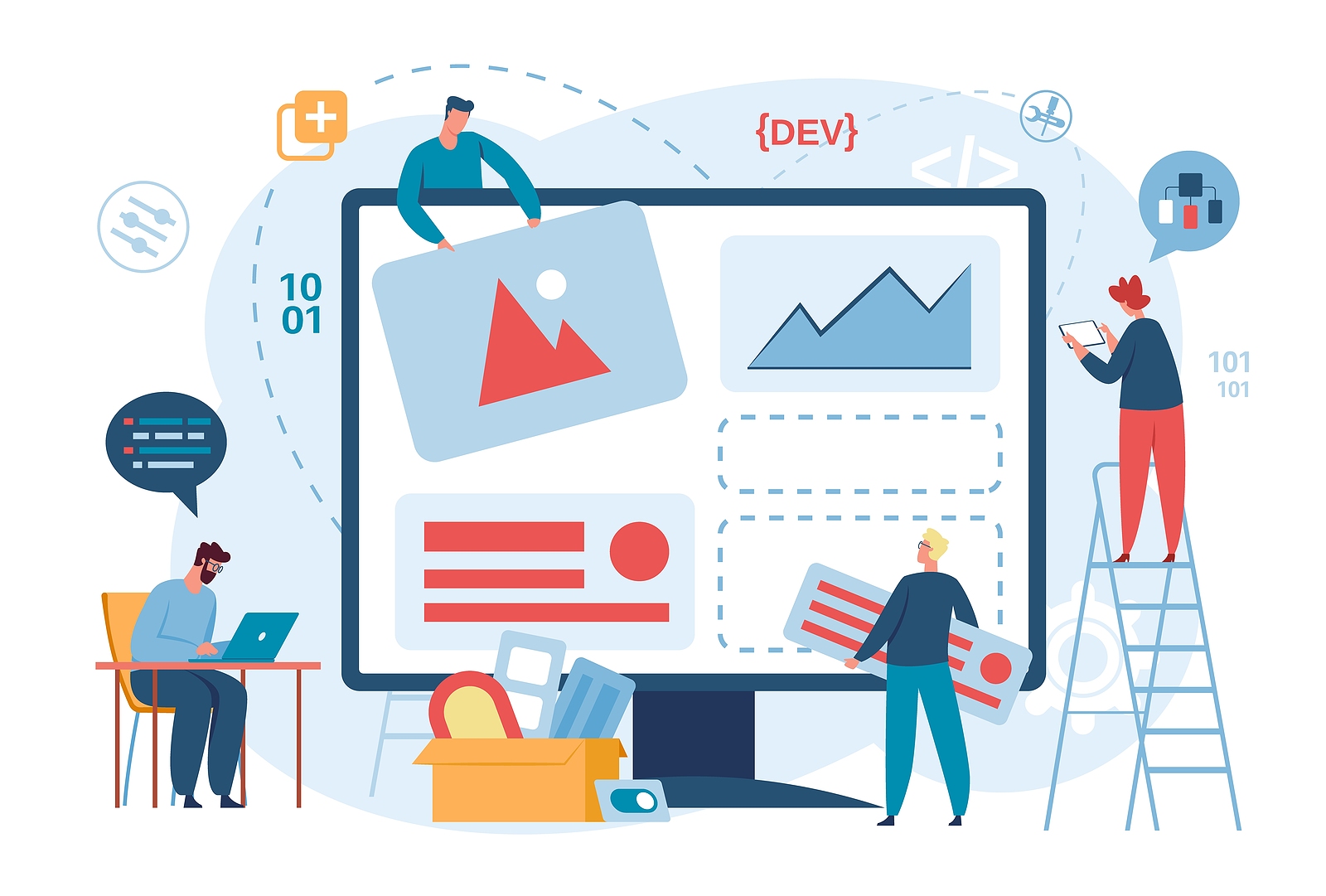AppliMarkets: Your Go-To Resource for App Insights
Explore the latest trends, reviews, and tips in mobile applications.
Code Like a Chef: Stirring Up Flavor in Software Development
Unlock the secret recipe for successful software development with tips that blend coding skills and culinary creativity!
5 Essential Ingredients for Crafting Clean Code
Crafting clean code is essential for maintaining readability and improving collaboration among developers. The first essential ingredient is clarity. Code should be self-explanatory and easy to follow, so use meaningful variable names and keep functions small and focused. Another important aspect is consistency; adhere to a defined coding style and stick to it throughout the project. This makes it easier for others to understand and maintain the code. Additionally, utilizing proper indentation and whitespace can greatly enhance the clarity of your code.
The third essential ingredient is commenting; well-placed comments can provide context and help others (or your future self) understand the intent behind complex logic. Furthermore, embracing refactoring is crucial. Regularly revisiting and improving your code can help eliminate redundancy and simplify logic. Lastly, ensure you conduct testing to validate functionality and catch potential issues early on. By integrating these five essential ingredients—clarity, consistency, commenting, refactoring, and testing—you will be well on your way to crafting clean and maintainable code.

How to Spice Up Your Coding Techniques: Tips from the Kitchen
If you're looking to spice up your coding techniques, think of it like preparing a gourmet meal. Just as a chef uses various spices to enhance the flavor of their dishes, you can incorporate diverse coding practices to enrich your programming skills. Start by experimenting with different programming languages—each brings its own unique flavor to the table. For example, if you're primarily a Python developer, try dabbling in JavaScript or Ruby. This will not only widen your skillset but also provide new perspectives on problem-solving.
Another way to kick up your coding game is by adopting the 'mise en place' approach from cooking, which means having all your ingredients ready before you start. In coding terms, this translates to planning and organizing your code structure before diving into development. Make use of version control systems like Git, and always comment your code to ensure clarity. Additionally, don’t shy away from seeking feedback on your code from peers, much like chefs taste their dishes before serving. Remember, just as in cooking, the right preparation can make all the difference in achieving a perfect final product.
Is Your Code Recipe Missing Key Flavors? Common Pitfalls in Software Development
In the world of software development, creating a robust and efficient codebase is much like crafting a perfect recipe; each ingredient plays a crucial role. When developers overlook certain key flavors, such as proper testing, code reviews, and documentation, the final product may lack the necessary quality and functionality. Common pitfalls include neglecting to integrate version control, which can lead to inconsistencies and chaos in collaborative projects. Additionally, insufficient error handling and a lack of user feedback can lead to missing critical enhancements, ultimately leaving your software stale and unappealing to users.
Another prevalent issue in software development is the failure to define clear goals and requirements. Without this foundation, teams often drift off course, resulting in a product that does not meet users' needs. Poor communication can further exacerbate this issue; misunderstandings between team members can yield a disjointed application that lacks harmony. To avoid these common pitfalls, developers should prioritize regular meetings, utilize agile methodologies, and continuously refine their approach to ensure that every line of code adds a delightful touch to the overall dish.